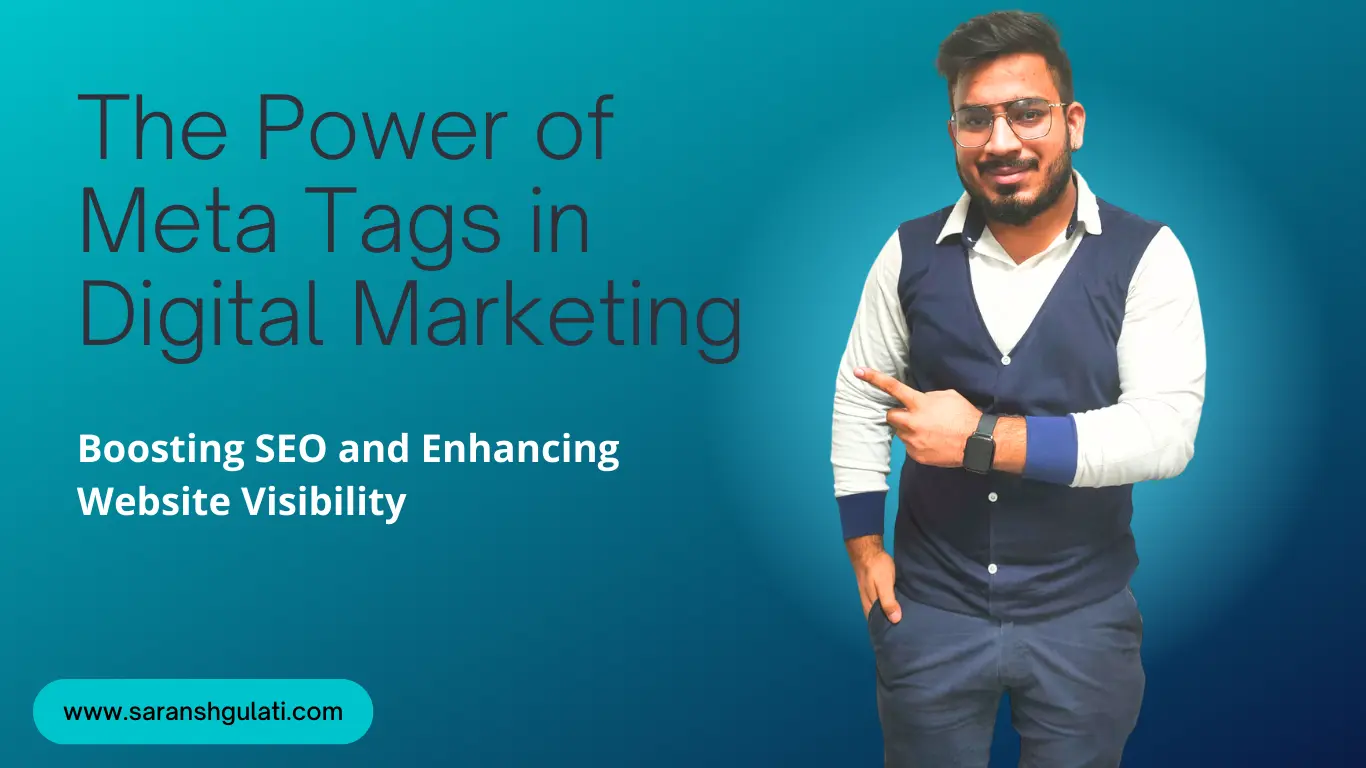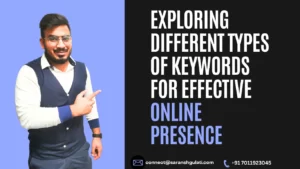WHAT IS META TAGS?
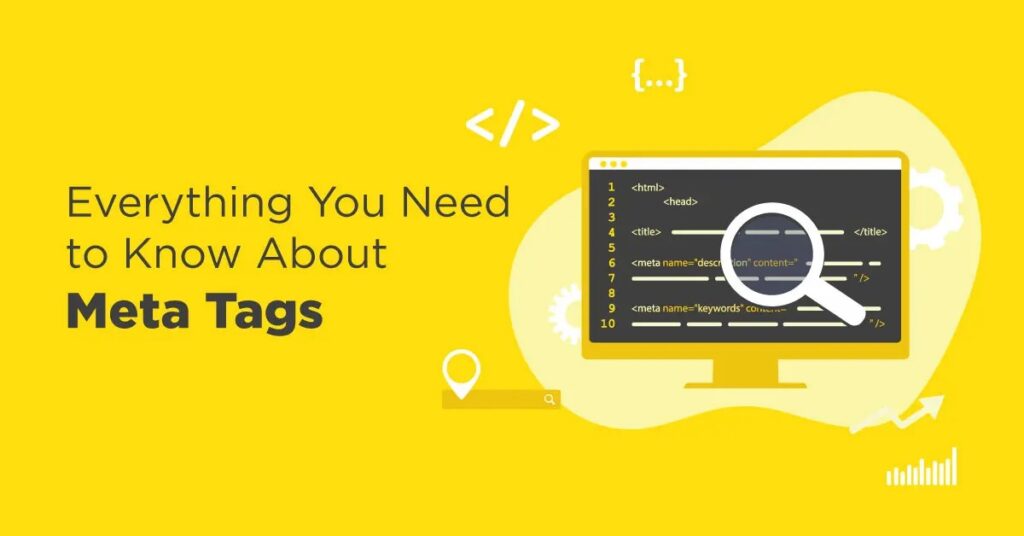
Meta Tags in Digital Marketing are an essential component of digital marketing that significantly impacts search engine optimization (SEO) and website visibility. These hidden snippets of code provide information about a web page’s content to search engines and social media platforms. In this blog, we will explore the world of meta tags in digital marketing and discover how they can enhance your online presence and drive organic traffic to your website.
Meta Title Tag
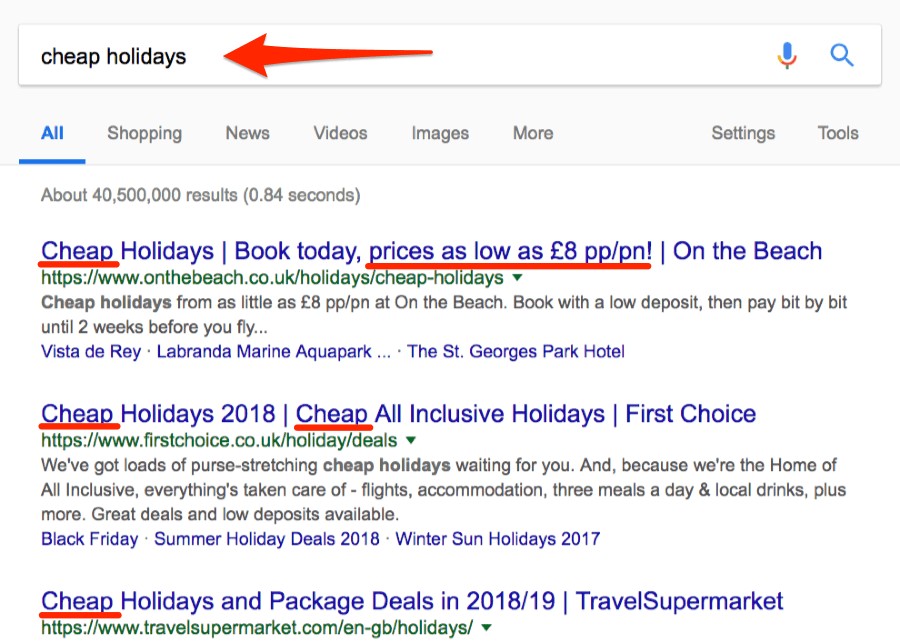
The meta title tag, also known as the title tag, is an HTML element that defines the title of a web page. It appears as the clickable headline in search engine results and social media shares. A well-optimized meta title tag should be concise, compelling, and include relevant keywords to improve search engine rankings and attract user clicks.
Meta Description Tag

The meta description tag provides a brief summary of the web page’s content. It appears below the meta title in search engine results and social media previews. An optimized meta description tag should be concise, engaging, and accurately represent the page’s content, enticing users to click and visit your website.
Meta Keywords Tag
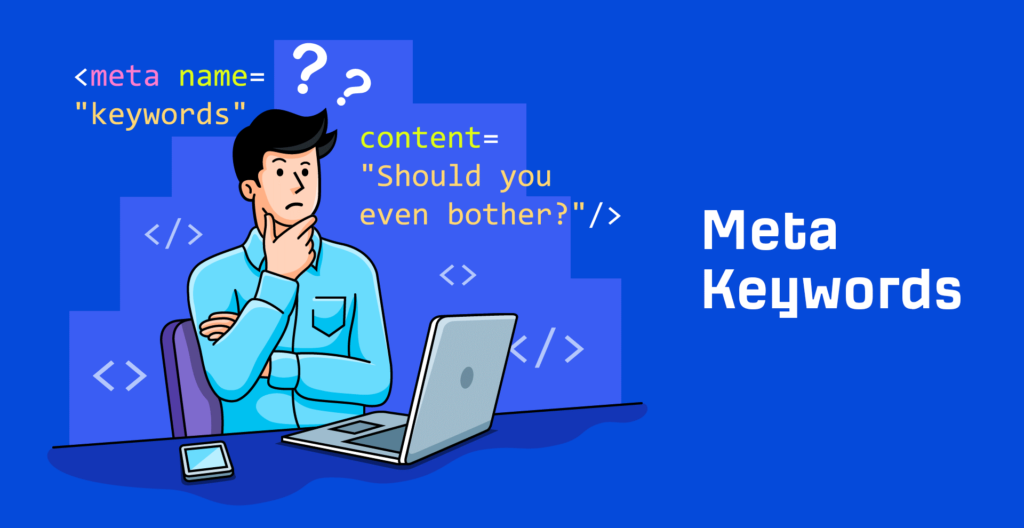
Previously used for SEO purposes, the meta keywords tag has lost its significance in recent years. Search engines like Google no longer consider it as a ranking factor. However, it is worth mentioning that other search engines may still take meta keywords into account, so including relevant keywords can’t hurt. Just ensure that the keywords are relevant to the page’s content.
Meta Robots Tag
The meta robots tag instructs search engine crawlers on how to handle a web page. It includes directives such as “index” or “noindex” (whether to include the page in search engine results) and “follow” or “nofollow” (whether to follow links on the page).

This tag is crucial for controlling what content search engines index and how they interact with it.
Open Graph Meta Tags
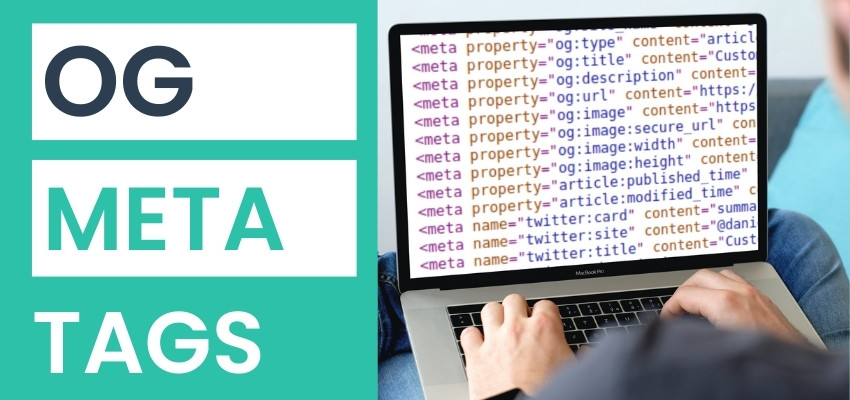
Open Graph meta tags are specific meta tags used for social media sharing. When a web page is shared on platforms like Facebook, Twitter, or LinkedIn, these tags define the title, description, and image that appear in the social media post. Open Graph meta tags help ensure that your content is displayed accurately and attractively when shared on social media, increasing click-through rates and engagement.
Canonical Tag
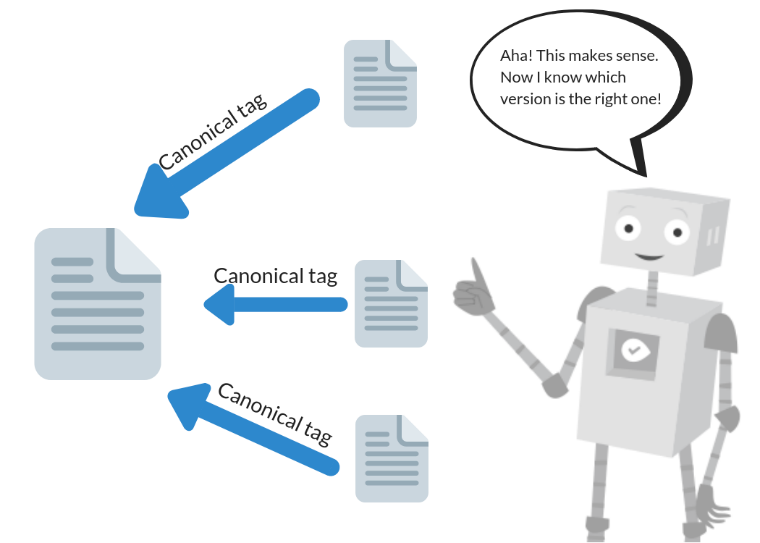
The canonical tag is used to address duplicate content issues. It tells search engines which version of a web page is the preferred or canonical version. When multiple pages have similar or identical content, using the canonical tag helps consolidate the ranking signals and avoid content duplication penalties.
Read Also: How to build a winning digital marketing strategy
Conclusion
Meta tags are valuable assets in digital marketing that significantly impact SEO, search engine rankings, and user engagement. By optimizing meta title tags, meta description tags, and leveraging other meta tags, you can improve your website’s visibility, attract organic traffic, and enhance your brand’s online presence. Embrace the power of meta tags and unleash their potential to maximize your digital marketing efforts.

